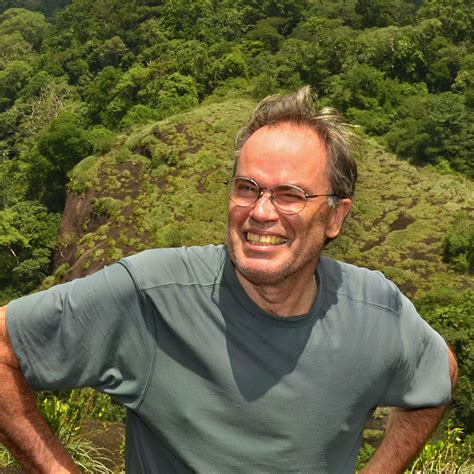A Quote by Aldous Huxley
Both of us victims of the same twentieth-century plague. Not the Black Death, this time; the Gray Life.
Related Quotes
I’m sure there’s some self-help cheese-ball book about the gray area, but I’ve been having this conversation with my friends who are all about the same age and I’m saying, ‘Y’know, life doesn’t happen in black and white.’ The gray area is where you become an adult the medium temperature, the gray area, the place between black and white. That’s the place where life happens.
Film is more than the twentieth-century art. It's another part of the twentieth-century mind. It's the world seen from inside. We've come to a certain point in the history of film. If a thing can be filmed, the film is implied in the thing itself. This is where we are. The twentieth century is on film. You have to ask yourself if there's anything about us more important than the fact that we're constantly on film, constantly watching ourselves.
The recently ended twentieth century was characterized by a level of human rights violations unparalleled in all of human history. In his book Death by Government, Rudolph Rummel estimates some 170 million government-caused deaths in the twentieth century. The historical evidence appears to indicate that, rather than protecting life, liberty, and the pursuit of happiness of their citizens, governments must be considered the greatest threat to human security.
Today the governments of Latin America should be ashamed of not havingexterminated the indigenous, at the end of the twentieth century, because weexist at the end of this century. We are not myths of the past, ruins in thejungle, or zoos. We are people and we want to be respected, not to be victims ofintolerance and racism.
When I die, I want to be remembered as a woman who lived in the twentieth century and who dared to be a catalyst of change. I don't want to be remembered as the first black woman who went to Congress. And I don't even want to be remembered as the first woman who happened to be black to make a bid for the Presidency I want to be remembered as a woman who fought for change in the twentieth century. That's what I want.
It has been said that the three great develpments in twentieth century science are relativity, quantum mechanics, and chaos. That strikes me the same as saying that the three great developments in twentith century engineering are the airplane, the computer, and the pop-top aluminum can. Chaos and fractals are not even twentieth century ideas: chaos was first observed by Poincare and fractals were familiar to Cantor a century ago, although neither man had the computer at his disposal to show the rest of the world the beauty he was seeing.





































